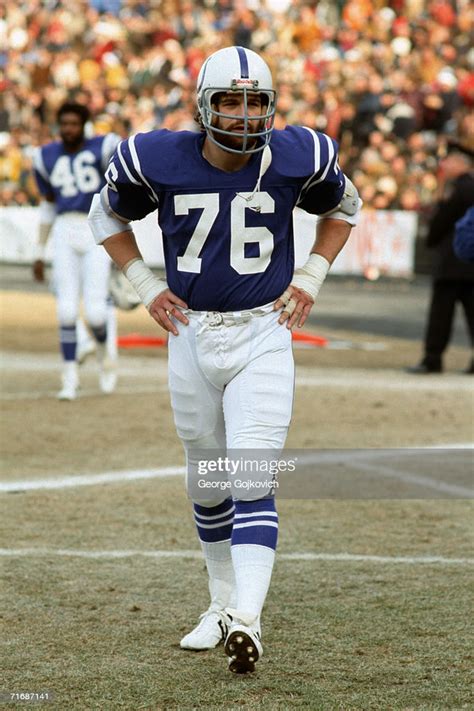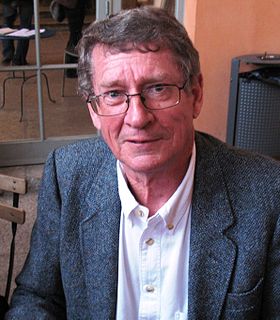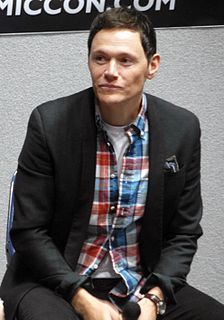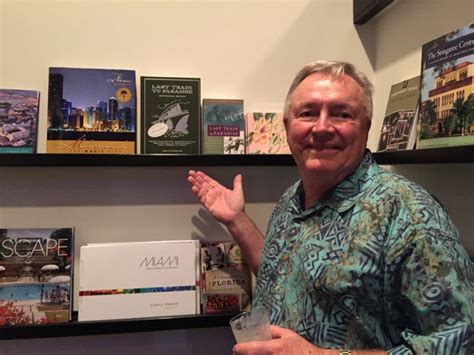A Quote by Peter Jackson
Obviously, with a CGI character, you're building a character in much the same way as a real creature is built. You build the bones, the skeletons, the muscles. You put layers of fat on. You put a layer of skin on which has to have a translucency, depending on what the character is.
Related Quotes
One of the great myths in America is that sports build character. They can and they should. Indeed, sports may be the perfect venue in which to build character. But sports don't build character unless a coach possesses character and intentionally teaches it. Sports can team with ethics and character and spirituality; virtuous coaching can integrate the body with the heart, the mind, and the soul.
When you are writing, you have to love all your characters. If you're writing something from a minor character's point of view, you really need to stop and say the purpose of this character isn't to be somebody's sidekick or to come in and put the horse in the stable. The purpose of this character is you're getting a little window into that character's life and that character's day. You have to write them as if they're not a minor character, because they do have their own things going on.
Well, you put a little piece of yourself into every character that you do. Even if you're playing some psychotic person, which of course I'm not, some part of you is in that character and it's hopefully believable. I always come back to the fact that my own instinct is better than something I build in my mind.
For early plays of mine, I started with character. But I think that's because I hadn't been in theaters; I hadn't worked that much. I'm very interested in character, obviously, but once I started having my plays produced, I became so fascinated by the theatrical experiment and the weirdness of theatrical space, so now all my plays start with space and stage picture and setting - or container is maybe the better way to put it.
Never open your story with a character thinking, I advise my students. As a further precaution, don’t put a character in a room alone – create a friend, a bystander, a genie, for God’s sake, any sentient creature with whom your main character can converse, perhaps argue or, better yet, engage in some action. If a person is out and doing, it’s more likely that something interesting might happen to her or him. Shut up in a room with only his thoughts for company well, that way lies fictional disaster.
When I'm writing, I try to have the mask of my character on as I'm walking through the world. When I'm not at my desk, the rest of the time, I try to stay in that character and see the world the way that character would It's almost like method acting in a way — keeping the character close the way the actor keeps a script close and always tries to be in character.
We build character in order for us to withstand the rigors of combat and resist the temptations to compromise our principles in peacetime. We must build character in peacetime because there is no time in war. Character is the most important quality you can find in any person, but especially in a soldier. It is the foundation that will get anybody through anything he may encounter. Reputation is what people think you are; character is what you are- that is the staying power.






































